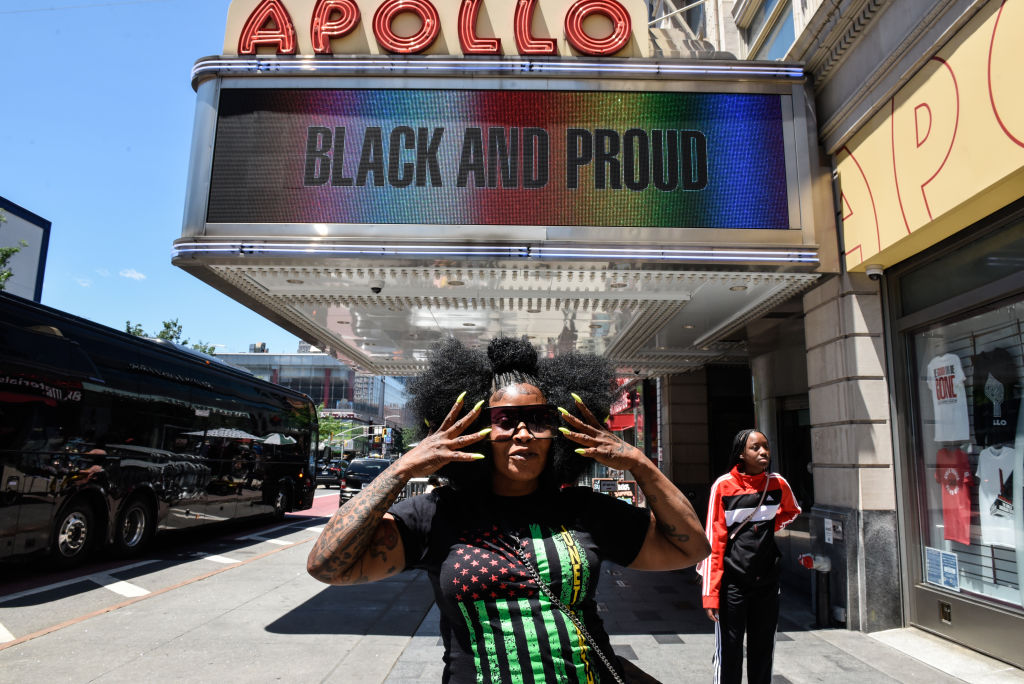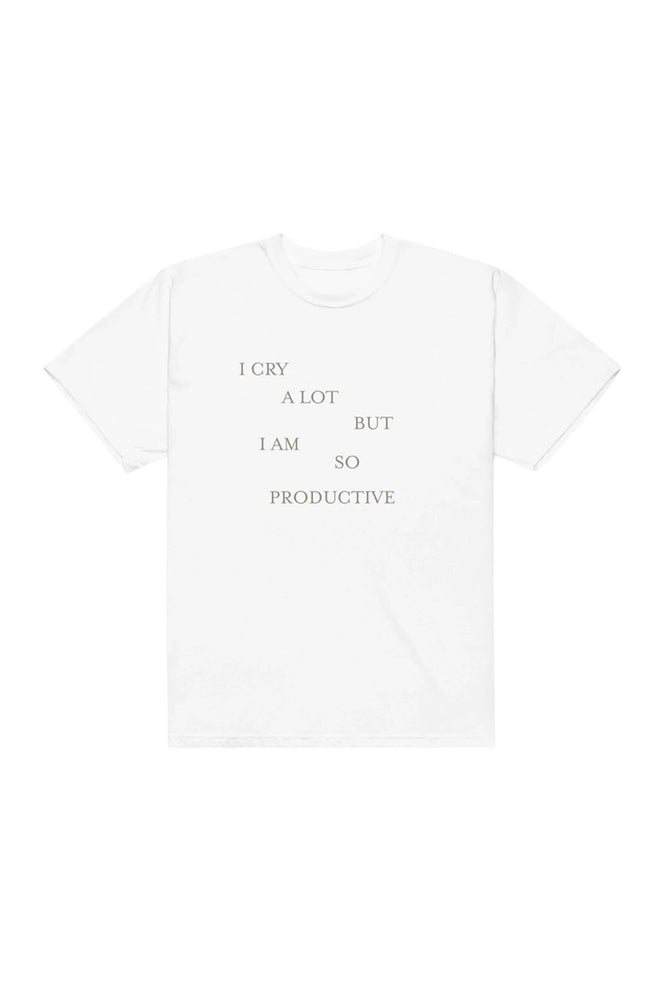It has been three years since Juneteenth became a national holiday, and we still haven’t quite nailed the vibe. As the first (and only) commemoration of the end of chattel slavery in the United States, it doesn’t really lend itself to sales, merchandising, or tote bag slogans. But it’s also too much to ask people to spend a three-day weekend in June contemplating the atrocities inherent in centuries of hereditary enslavement. It’s just a lot, you know?
Obviously the answer lies somewhere in between, but it’s not an easy balance to strike. Consider that, on one side, most Americans are descended from people who arrived well after 1865, giving them no direct connection to slavery. The centuries of enslavement might be an essential part of the American story, but it’s not part of the story for many Americans. On the other side, Black Americans are already burdened with the work of making people care, while trying to preserve the legacy and history of Black liberation in an increasingly hostile culture. Trapped between apathy and effort, Juneteenth is precariously poised to become a generic holiday weekend, albeit with a green, red, and black seasonal glow up in that one aisle of the supermarket and an uptick in kente cloth decorations.
So as someone who can trace ancestry back to bondage, here’s my suggestion: make Juneteenth a day for antiracism.
First, this focus shifts the meaning of the day from the past to the present. We might not all have a direct connection to slavery, but every single American is affected by slavery’s legacy — whether that’s through its transformation into Jim Crow and segregation or the pervasive and structural impact of the mentality that some people could be born as property. Instead of the holiday being about a historical wrong that most people can neither conceive of nor connect to, Juneteenth becomes a way to recognize the ongoing harms of discrimination and oppression, and a call to organize ourselves against them.
Next, this takes the onus off of Black people on a day where we are explicitly supposed to be celebrating freedom. Which, quite frankly, means not handling the well-meaning but fragile emotions of non-Black people, let alone the outright racism and hostility of a society that has never accepted us as equals. A holiday focused on antiracism allows for Black joy in Black spaces around Black liberation without making us responsible for what everyone else should be thinking, feeling, or doing.
Most importantly, giving Juneteenth a purpose reminds us that the United States was, is, and always will be a work in progress. It’s not a surprise that the idea of a “more perfect union” gets lost in modern political discourse, particularly with an entire political party premising itself on returning everyone—willing or not—to an idealized and imaginary past. But Juneteenth became a holiday because millions of us took to the streets to agitate for a fairer and more equitable country. The holiday was codified as an offering to that agitation and protest. It might have started as a sop to social justice, but what better way to keep the legacy going than by putting the impulse and vision for that more perfect union at the heart of Juneteenth?
This weekend, we’re going to enjoy extra time off with friends and family, an opportunity to kick back from work or extend ourselves a vacation, and generally enjoy a summer holiday. But somewhere between the barbecuing and celebration, we shouldn’t forget why Juneteenth matters. It’s a day for all of us, for the progress we want and deserve, now and for the many years to come.












































